What to Include in The Contract When Hiring A Freelancer
A logistical question that many of my clients wonder when hiring freelancers is, “What should be the initial length of contract for hiring someone? 3 months? 6 months?”
And on that note, they also ask if there’s anything I believe HAS to be included in the contract that many people don’t think about.
Contracts and the legal side of hiring are touchy areas because they really can vary for EVERY type of business and every different hiring scenario.
I’m also not an attorney and can’t provide legal advice, but I would love to share a few things that I do and that I’ve seen work well for myself and my clients.
I’ve discovered these practices after some trial-and-error, and landed on a system that feels good for all parties involved.
This has been successful so far in my business and my clients’ businesses. It allows both you and your new hire to feel protected as you navigate the new working relationship, while creating a structure for expectations that are clear on all ends.
What should a freelance contract include?
First, it’s always a good idea to put the work agreement in writing. It might take a few days to get it set up, but it’s worth the small delay to make the working relationship more official.
Plus, it’s more professional than a virtual handshake, and it can also set your new team member’s mind at ease as well.
Remember that freelance work is often unpredictable and inconsistent, so they’ll likely feel better having the terms of the partnership in writing.
Here’s a great Independent Contractor Agreement Template to use and customize if you don’t have one yet.
Note: I am an affiliate for Gena Jaffe’s legal templates and receive a small percentage of the sale if you buy one, however they are seriously amazing and I wouldn’t be recommending them if I didn’t truly love them.
There are a number of attorneys who offer contract templates like this and you should go with the one that's right for you.
Start with a 30-day trial.
In my process, I like to start with a 30-day trial. I’ve also had food blogger clients who go with 60-day trials.
Ultimately, it depends on what you’re comfortable with and how much time you think is fair to teach your system and allow your freelancer to get the hang of it.
What’s great about a trial is that it makes it easier for a blogger to release a freelancer (at the end of the trial) if it’s not working out for some reason.
I put this in the contract with an option to extend after the 30 days are up, so I don’t have to write a second contract after the trial term ends.
I’ve also found that most freelancers don’t mind trials because it gives them an easy out if the project isn’t what they expected or if it's not a good fit on their end for some reason. I really care that I’m their ideal client because the quality of their work is usually better when they love working with me.
In talking with many freelancers, I’ve learned it can be really hard for a freelancer to “fire” or end a contract with a client, even if they don’t like the work or situation. So, having a trial period is good for everyone if things don’t go as expected for you or for them.
Ask for a 30-day notice.
The other thing I ask for (and write into the contract) is a 30-day notice if a freelancer wants to end our working relationship. Having some notice helps you to have time to start searching for a replacement, and allows them to finish off any open projects.
If things are ending on good terms and if the timeline allows, you could even use this time to ask your original freelancer to help to train your new hire.
On the flip side, I specify in writing that I may terminate the work agreement without notice.
The reason for this is because I don’t want to put my systems and intellectual property at risk if it’s not working out with a freelancer.
Ideally, you’ll bring on exceptional, trustworthy freelancers only, but there are still a few bad fits out there who manage to get past even the best hiring processes.
Even though not giving any notice doesn’t sound all that fair, it’s what I’ve seen in several independent contractor work agreement templates written by attorneys.
At the end of the day, you’d rather safeguard your business than risk something catastrophic happening with a rogue contractor.
Set yourself up for success when hiring a freelancer with a contract.
It doesn’t take a whole lot of effort to create a contract or to customize a work agreement template, but it can save you loads of potential stress, time and money in the future.
The goal is to not have to fall back on what’s in writing, but to have it there just in case something unexpected happens. It’s meant to protect you AND your contractor alike, so that the expectations are clear-cut from the start.
No one can take advantage of the other, and you’ll be protecting your business proactively by setting up a smart contract from the start.
